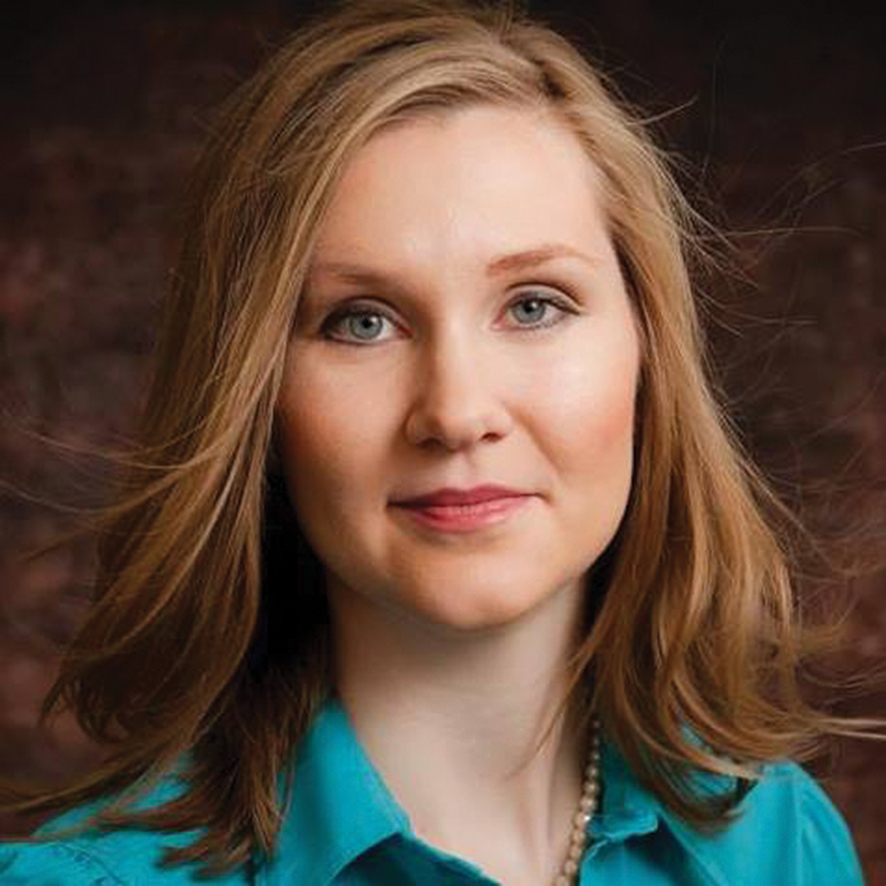Conventional wisdom would have it that education in general finds it difficult to catch up with the madly accelerated stream of life on the planet. This concerns any member-country of the United Nations, including Sakartvelo. Indeed, education itself lags behind, yet it still manages to drive progress, though this is often at the expense of a few geniuses who have always pushed civilizations forward. In Georgia, it has become a common saying that our education system needs change, but how many reforms can one system endure before the expected results are truly achieved? The Georgian education system has undergone several reforms, some sweeping, but none have brought a diploma closer to actual well-being. Nobody has managed so far to put education where the money is. It remains largely education for education’s sake. It’s said that things are not much better elsewhere, so it might be useful to look at the situation in, for example, the United States.

Joy Pullmann is managing editor of The Federalist, and an education research fellow at the Heartland Institute in America. She has taught at grade levels from preschool to high school, tutored college students, and has written a public-speaking curriculum. In one of her recent articles, Pullman ardently advises her fellow Americans that the lies spread about US education are so flagrant that the misled American society should make an immediate decision to stop listening to the popular gibberish, as these lies harm both children and their parents simultaneously. One of the worst habits of American parents, created by these lies, is that they feel quite comfortable when their children receive increasingly frequent diagnoses of ADHD—Attention-deficit/hyperactivity disorder, one of the most common mental disorders affecting children. Specialists say that symptoms of ADHD include inattention (an inability to keep focus); hyperactivity (excess movement that is irrelevant to the academic process); and impulsivity, meaning hurried performances happening momentarily without any forethought. It is said that one in five boys are currently suffering the problem. Joy Pullmann connects the quality of education to future possibilities, such as “delaying life milestones like marriage and buying a house, entering a crippled workforce, and facing the biggest debt in the history of humankind while receiving no government benefits in return.”
Below, she reveals the lies she believes are being propagated and puts them forward for discussion by the unsuspecting American public, whom she urges to remain alert. She argues that these lies serve as driving forces behind education policy: most Americans believe they live in a rich country, that suburban schools are of high quality, that poverty is the root of America’s education problems, that schools should teach generic skills like critical thinking and real-world application, that teachers are well-prepared professionals, that education is nonpartisan and moral, and that practically everyone should go to college. While some of these “lies” may align with our reality here in Georgia, that is not the point I wish to emphasize. What I want to underline first is that there is an American out there with the courage and qualifications to offer something truly useful and specific to her people. This example is both enviable and deserving of emulation.
The article reads on: “the impetus that unites these lies is that they promote ideas people want to believe, but lies, however pleasant for one’s peace of mind in the short run, damage people; those who run our schools say they care about children but year after year they continue to perpetuate systems that are demonstrably harmful to our kids. Those damaged kids will one day grow up to be citizens who are ill-prepared to face our nation’s challenges.”
These golden words may very well be used to describe the situation in Sakartvelo, but again, my main conclusive deduction is that serious change is ripe in the system of education, in the attitude of parents and children, in balancing the roles of government and society, and finally, in the style of teaching the kids how to treat time and information, analyzing the world experience, like the one presented in this piece. The small world gives us a huge chance to become better. Let’s grab it!
Op-Ed by Nugzar B. Ruhadze














